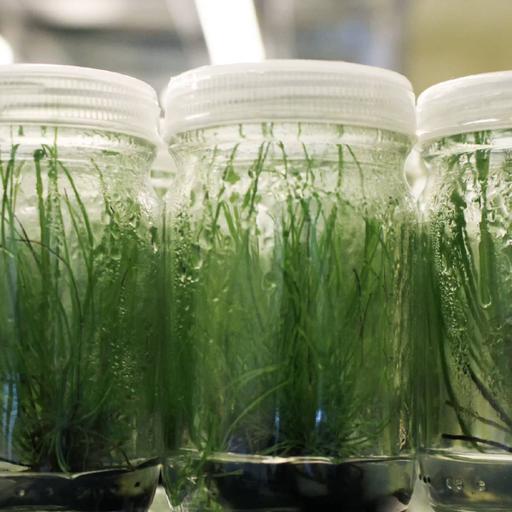Tissue Culture
Presentations | English
Tissue culture is the growth of tissues or cells in an artificial medium separate from the parent organism. This technique is also called micropropagation. This is typically facilitated via use of a liquid, semi-solid, or solid growth medium, such as broth or agar. Tissue culture commonly refers to the culture of animal cells and tissues, with the more specific term plant tissue culture being used for plants. The term "tissue culture" was coined by American pathologist Montrose Thomas Burrows. Tissue culture is an important tool for the study of the biology of cells from multicellular organisms. It provides an in vitro model of the tissue in a well-defined environment which can be easily manipulated and analyzed. In animal tissue culture, cells may be grown as two-dimensional monolayers (conventional culture) or within fibrous scaffolds or gels to attain more naturalistic three-dimensional tissue-like structures (3D culture). Eric Simon, in a 1988 NIH SBIR grant report, showed that electrospinning could be used to produced nano- and submicron-scale polymeric fibrous scaffolds specifically intended for use as in vitro cell and tissue substrates. This early use of electro spun fibrous lattices for cell culture and tissue engineering showed that various cell types would adhere to and proliferate upon polycarbonate fibers. Tissue culture is the growth of tissues or cells in an artificial medium separate from the parent organism. This technique is also called micropropagation. This is typically facilitated via use of a liquid, semi-solid, or solid growth medium, such as broth or agar. Tissue culture commonly refers to the culture of animal cells and tissues, with the more specific term plant tissue culture being used for plants.

25.00
Lumens
PPTX (100 Slides)
Tissue Culture
Presentations | English
